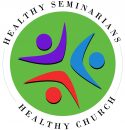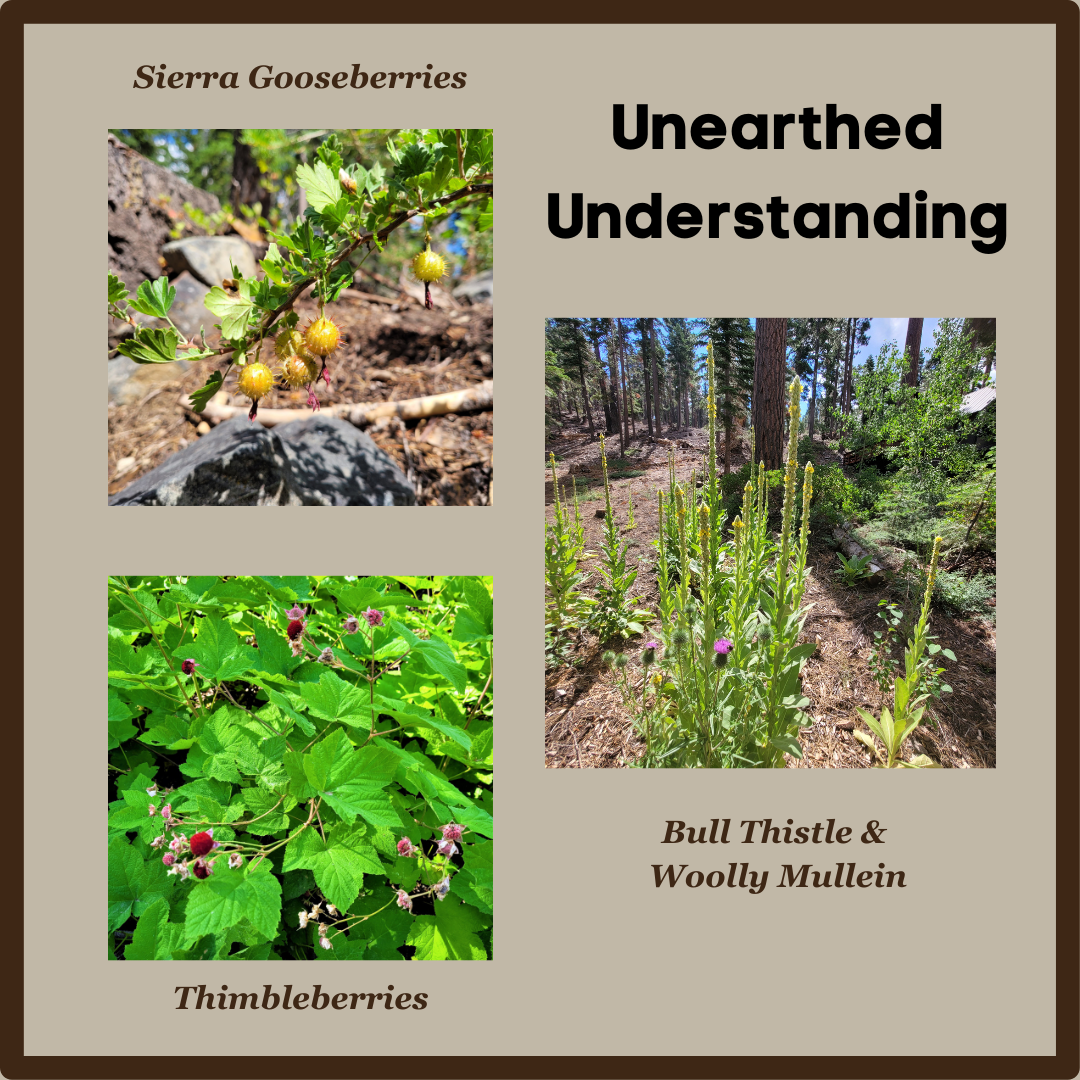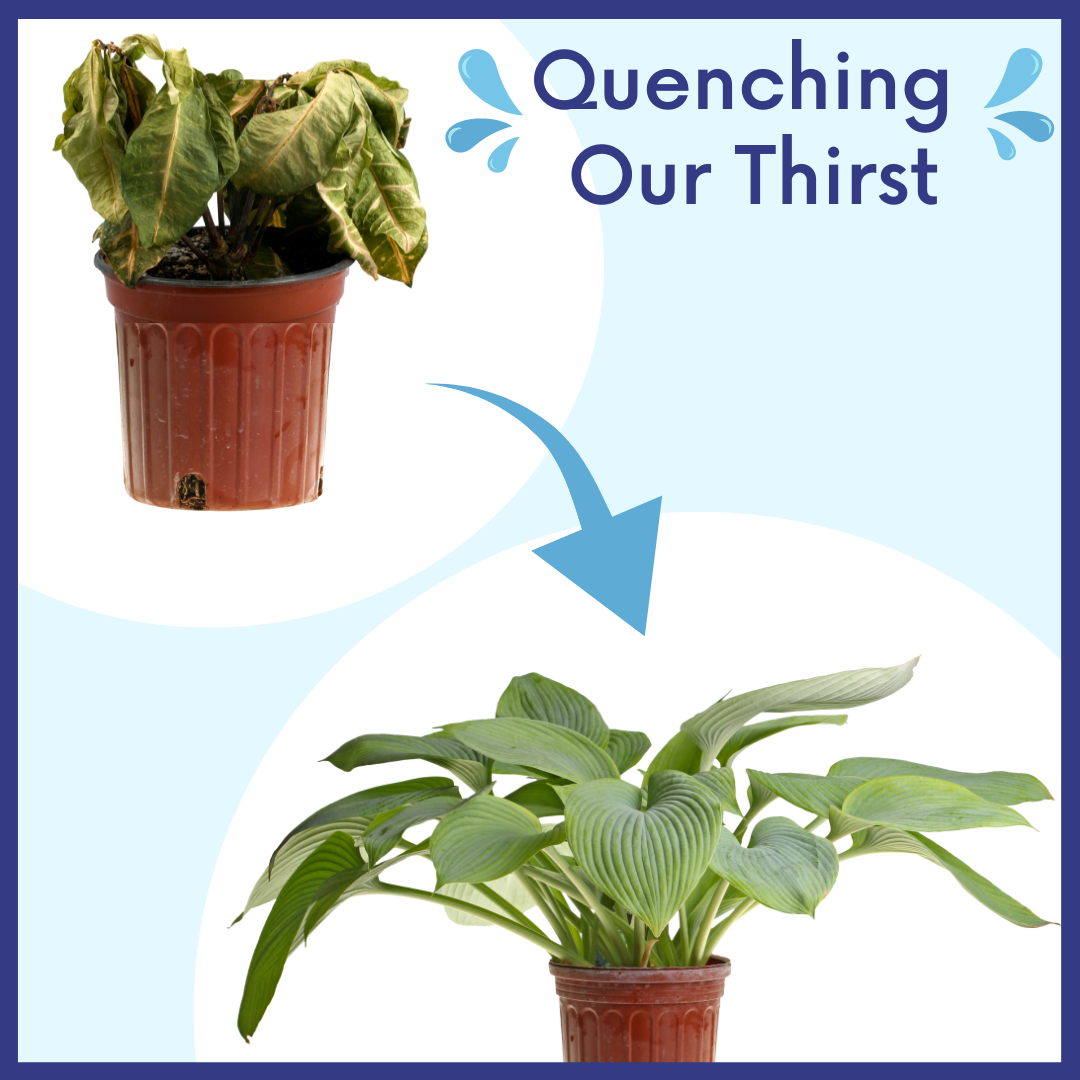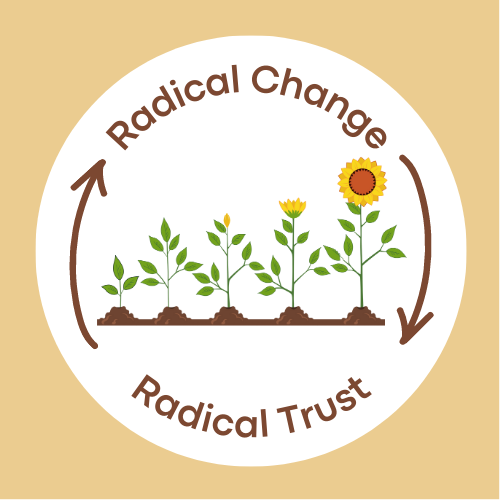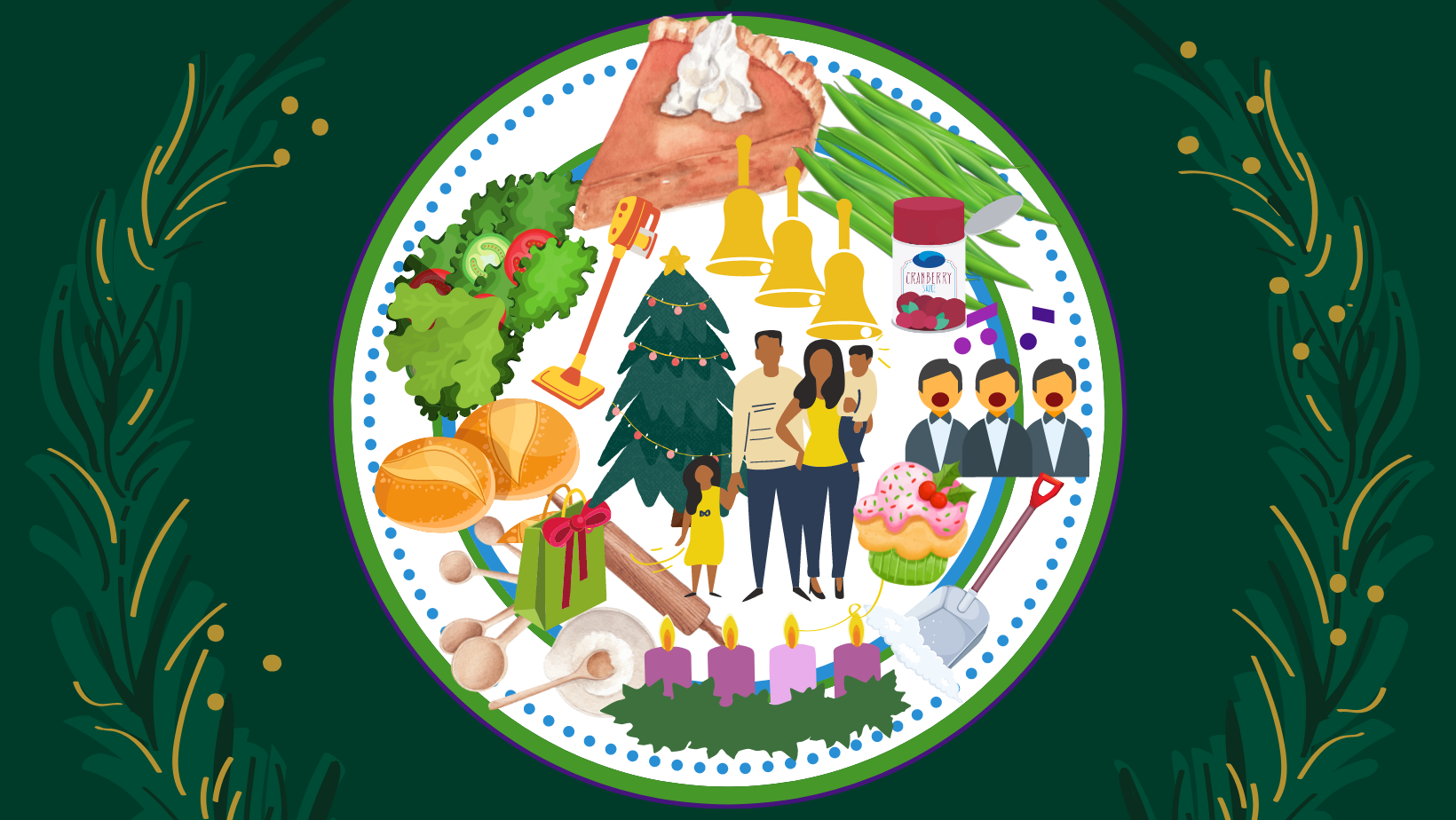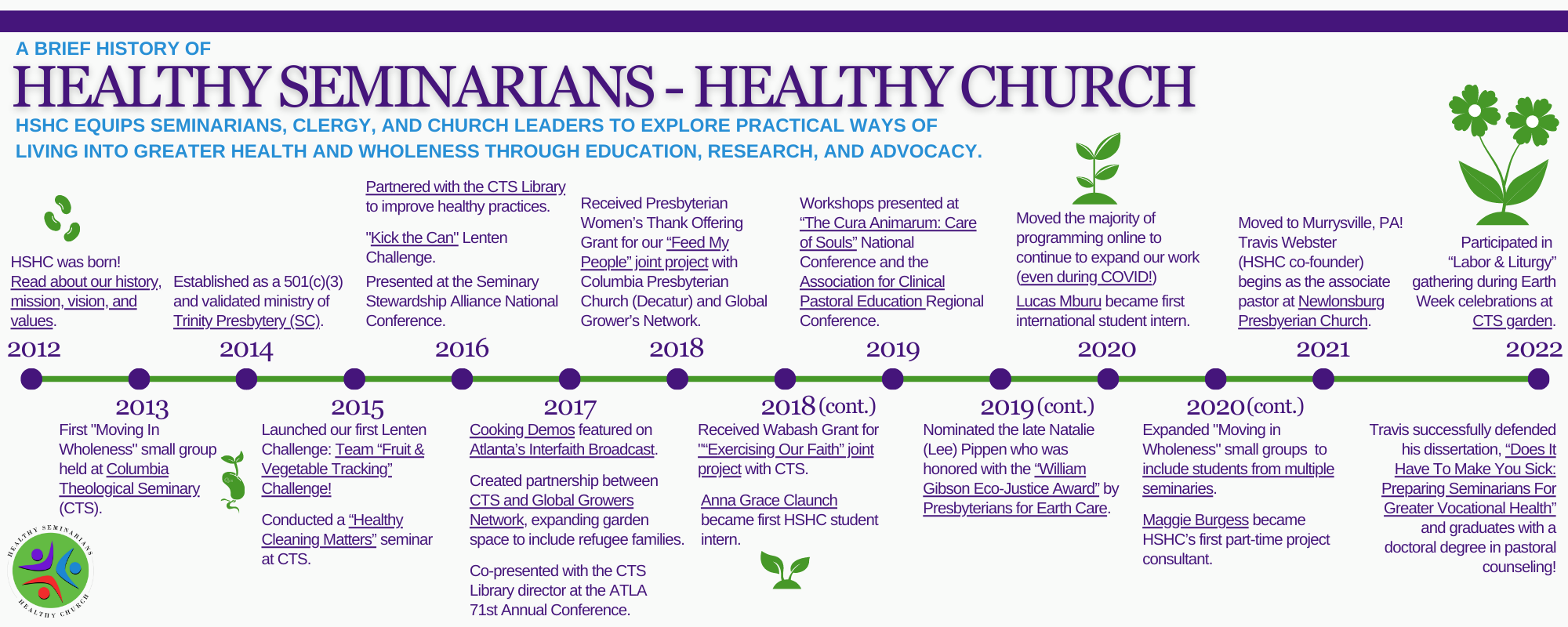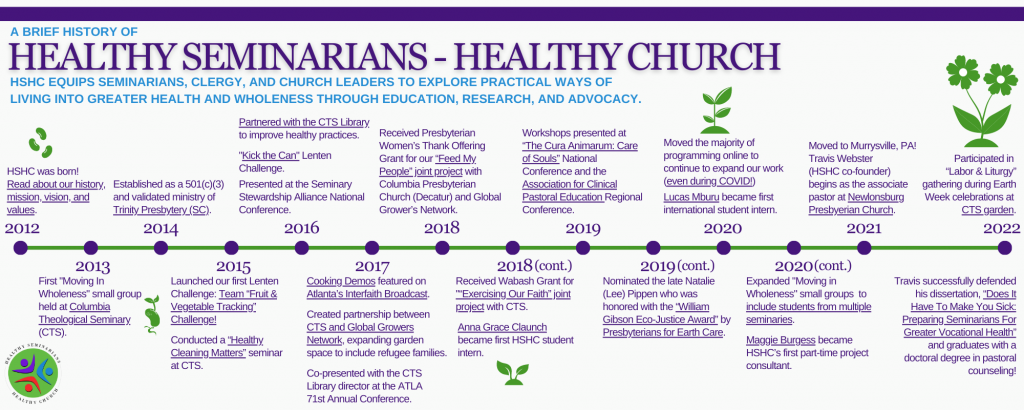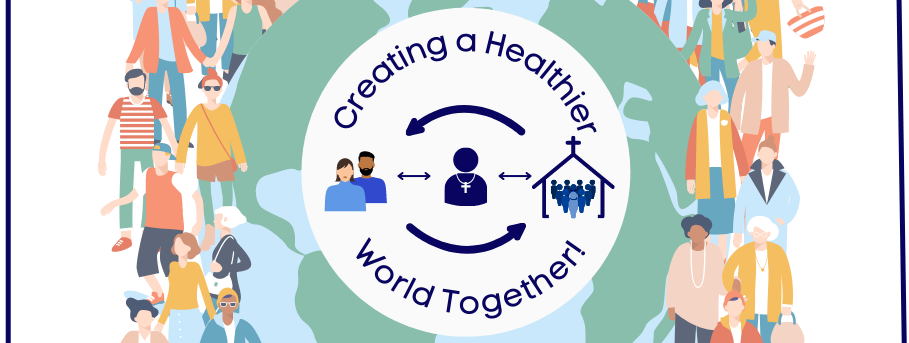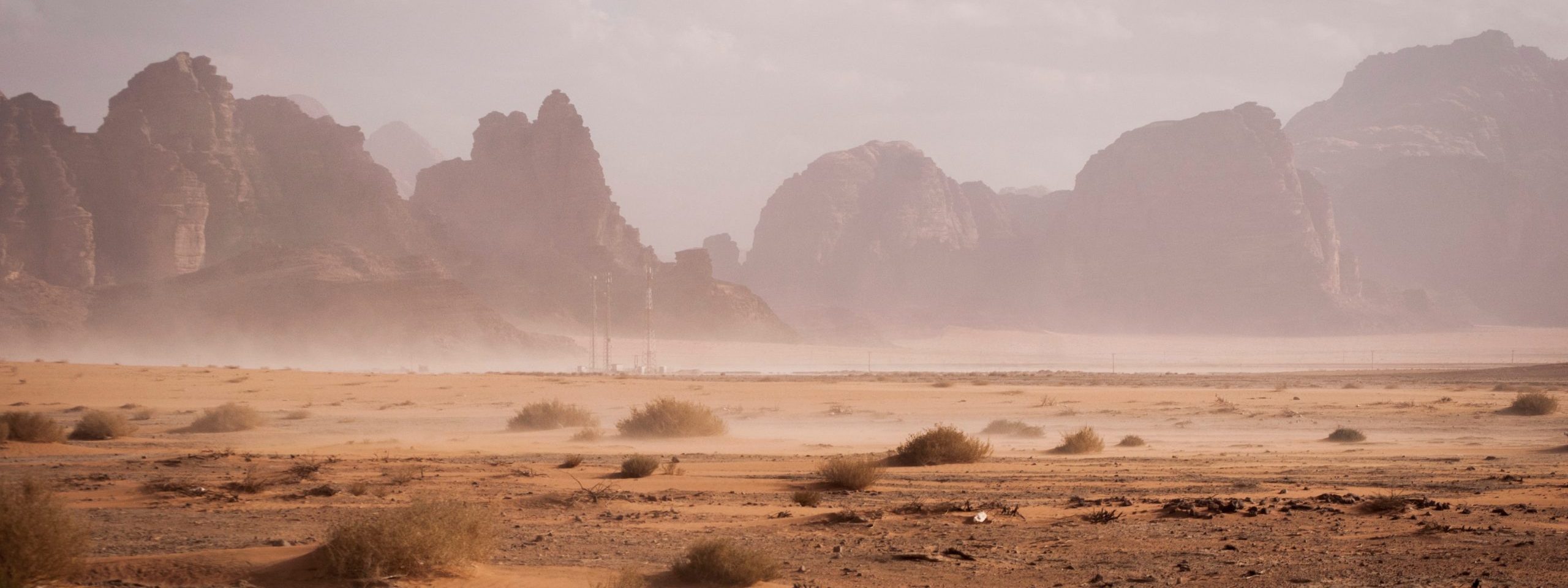“Lightening Up” Expectations
With the holiday season close upon us, it’s natural for our stress levels to start to rise. Why does this happen in such a predictable pattern every year? Perhaps, in part, it’s the expectations we set for ourselves and others. We may make it our mission to set the perfect table, find the cutest photos for holiday cards, create boxes filled with homemade goodies, or find the perfect gifts for everyone on our list.
Or perhaps some of our stress and expectations fall along relational lines. We expect the headstrong child to return home for the holidays, estranged relatives to reconcile, and neighbors to get along.
However, I would like to encourage you to reflect upon your holiday expectations (or other expectations that you are wrestling with right now) and consider whether you can lighten any of them up. I know for me, my “middle-aging” body has forced me to reflect on some of my personal expectations.
In September, I ran the Berlin marathon—a goal which took two years of planning. First, my goal was to qualify and, second, to run under my target time.
Did I meet my expectations? Yes and no.
Yes, I qualified for the 2023 Berlin marathon.
Yes, I completed it within my target time.
No, I did not expect that now, almost two months later, I would need to completely stop running (something I have not done in more than fifteen years other than an occasional week here or there) to give my body time to heal.
While slowing down has certainly been challenging, it has also shed some new light on my holiday and future expectations. As we head into this holiday season, I have been reminded that:
- Some expectations we set are realistic, and some are not.
- Sometimes, there is a cost to meeting ours or others’ expectations.
- Sometimes, expectations will be met, but perhaps not within the timeframe we initially set or in the way we envision.
So…how do we deal with this tension between planning for anticipated outcomes and accepting reality as it unfolds?
Scripture speaks of Jesus as the light of the world (John 8:12). When we, as disciples, walk in the light, we gain increasing clarity about who and what to center our lives around: Jesus and Love.
In this season when daylight doesn’t last as long as we would like, we can set aside more time to soak in the light of God’s word. Doing so will help us shine Christ’s light and love and establish healthier expectations of what that looks like in practical terms.
It will also give us a sacred space in which to recharge during this busy season. We are told not to cover our light under a bushel basket, but this does not mean our light has to be “always on.” Seeking activities that replenish rather than drain our energy may translate into paring down your holiday feast to give yourself more time to spend with family. For me, slowing down has enabled me to be gentler on myself and others when we don’t meet my expectations.
So this season, when you sense your spirit tiring, why not respond to God’s open invitation to walk and talk out in the sunshine (of course, for those of us living in colder climates, this may mean throwing on another layer or two!)? This activity is doubly beneficial because spending time in the physical light (sunshine) also improves our health in multiple ways. For us humans, light is essential for healthy bones, mental wellbeing, immune and neuromuscular function, glucose regulation, and decreasing some forms of cancer and other diseases.
In addition, spending time in nature gives us the opportunity to connect with plants, which need sunshine as much as we do. In plants, light generates food (photosynthesis), creates new growth cycles, and promotes healthier development. Being outside also reminds us how connected we are to all of creation and gives our own body a chance to relax.
As counterintuitive as it might feel at first, the next time you’re overwhelmed by expectations (like the endless to-do list), I want to encourage you to pause and plug into the various sources of life-giving light that are all around you.
To learn some more tips and strategies for establishing and nurturing healthier expectations, we have provided a few resources in the “Health Highlight” section of our newsletter.
May the light of Christ shine upon you this holiday and into the new year,
Karen Webster
HSHC Co-founder/Executive Director
*Photo Credit: Canva
